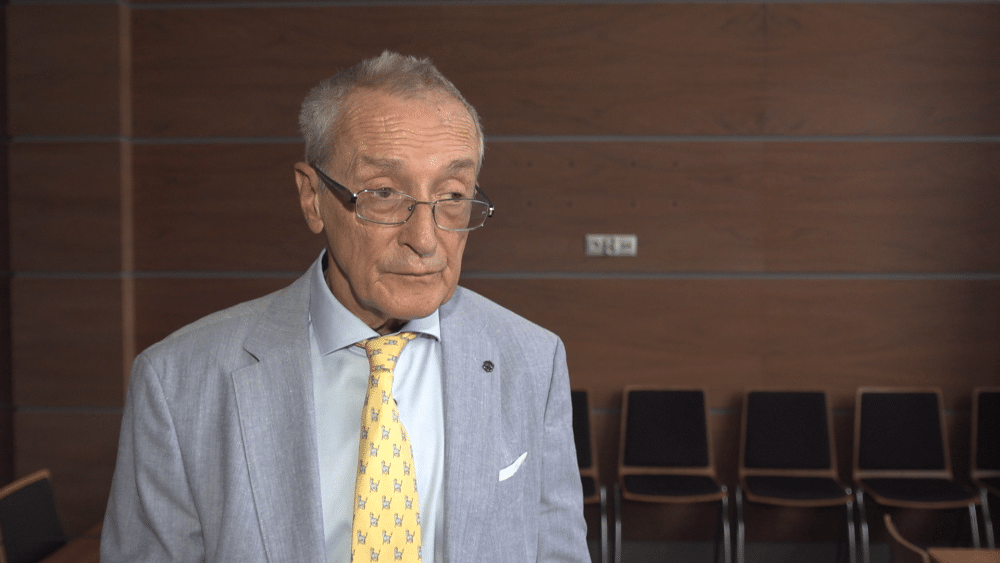In 2015, member states of the United Nations adopted an ambitious program to achieve 17 Sustainable Development Goals (SDGs) by 2030. Agriculture plays a crucial role in this, especially in tackling global problems such as hunger, malnutrition, and climate change. The approach is to transition away from large-scale industrial farming towards more environmentally friendly, smaller scale production. Poland is performing well in achieving these goals, ranking in the top ten out of 167 countries worldwide.
The 17 adopted goals in the 2030 Agenda have many links to agriculture, including the eradication of hunger (goal 2), responsible consumption and production (goal 12), and climate action (goal 13). However, according to the European Commission, agriculture is indirectly involved in 14 goals. But Julian Krzyzanowski, a professor of the Institute of Agricultural and Food Economics – National Research Institute, suggests it’s involved in as many as 16.
“These are very noble goals and countries are trying to achieve them. Still, around 600 million people worldwide suffer from a lack of food. Efforts are being made to increase production, and with more funding, ideas for agricultural development, increased assistance, and increased imports, it may be possible to at least reduce hunger if not completely eliminate it,” says Professor Julian Krzyżanowski. “The role of agriculture in combating climate change is extremely important. This was noted many years ago by the English, who referred to farmers as a kind of guardian of the environment. This applies both to direct agricultural production, which should not use excess chemicals or pollute water and soil, and livestock production, which should not increase, but even decrease greenhouse gas emissions.”
Nine years after the adoption of the program, the global achievement of these goals is far from the intended aims. According to the “Sustainable Development Report 2024. The SDGs and the UN Summit of the Future”, only 16% of the SDGs are likely to be achieved as planned. The remaining 84% show limited progress or even regression. Experts note that stagnation has been recorded in areas such as the eradication of hunger (2), sustainable cities and communities (11), life below water (14), and life on land (15) since 2020.
Different countries have varying degrees of success in achieving the set standards. As the SDR ranking shows, developing countries have the most difficulties while Europeans are performing the best. Outside of the Old Continent, Japan ranks the highest, in the 18th spot, followed by Canada in 25th. Poland ranks relatively well globally in terms of achieving individual goals. With an SDG Index Score of 81.69 points, it is among the top ten.
According to a May report by PIE (the report “Achieving Sustainable Development Goals in Polish Business”), Poland performs the best compared to other EU countries in areas related to reducing poverty and improving the quality of education. Objectives related to these areas are being implemented to a greater extent than the EU average, and the pace of their implementation is good. We perform the weakest in terms of eliminating hunger, access to clean water and sanitary conditions, and protecting life under water.
He emphasized that in further changes to improve climatic conditions in Poland and Europe, EU documents will play a key role. “The so-called Green Deal and the associated ‘Farm to Fork’ strategy are crucial,” says Professor Julian Krzyżanowski. “It seems that current actions are sufficient and there is no need to intensify further actions, but we must also remember the income side of agriculture, that farmers work hard, provide food, have many different tasks, and should also receive decent income.”
